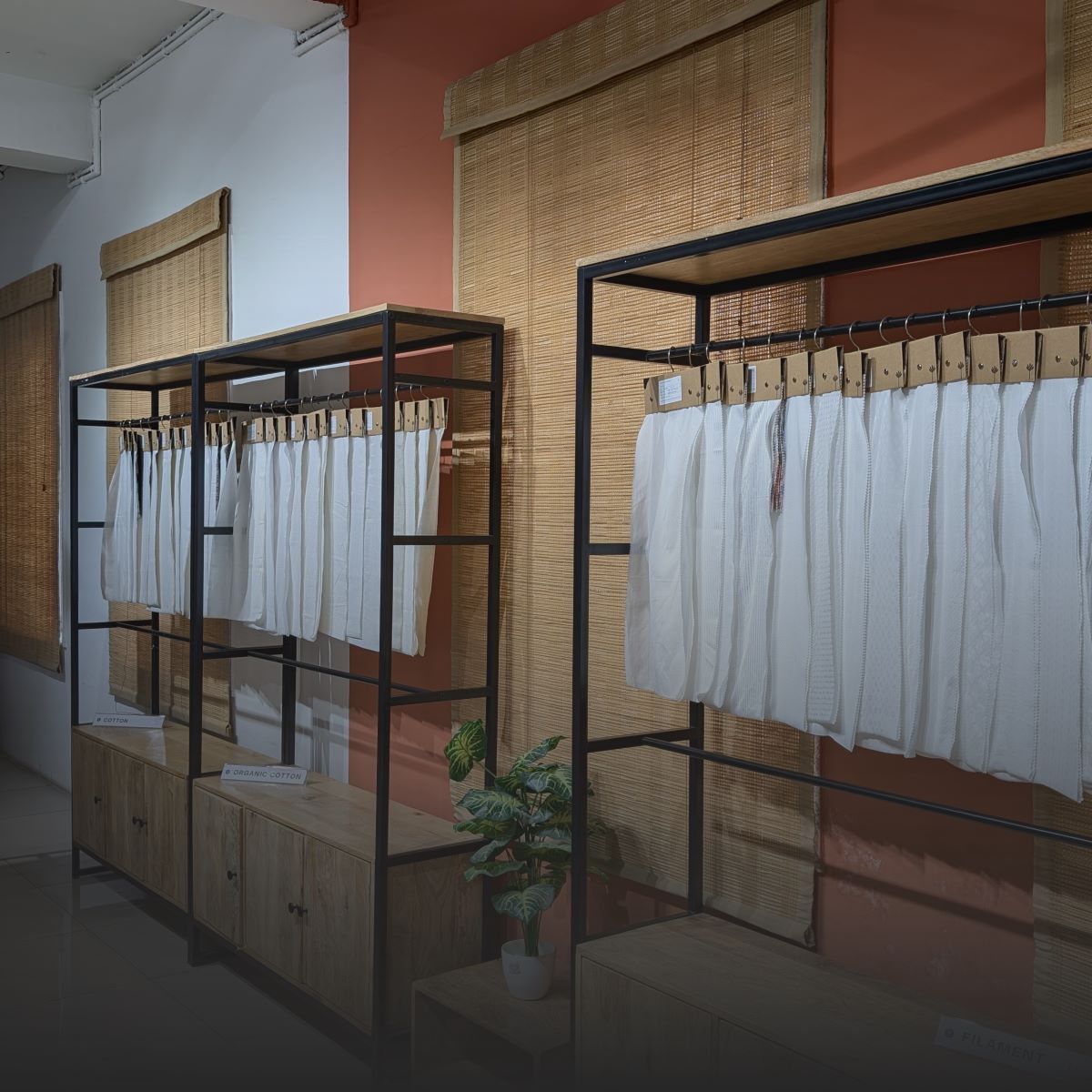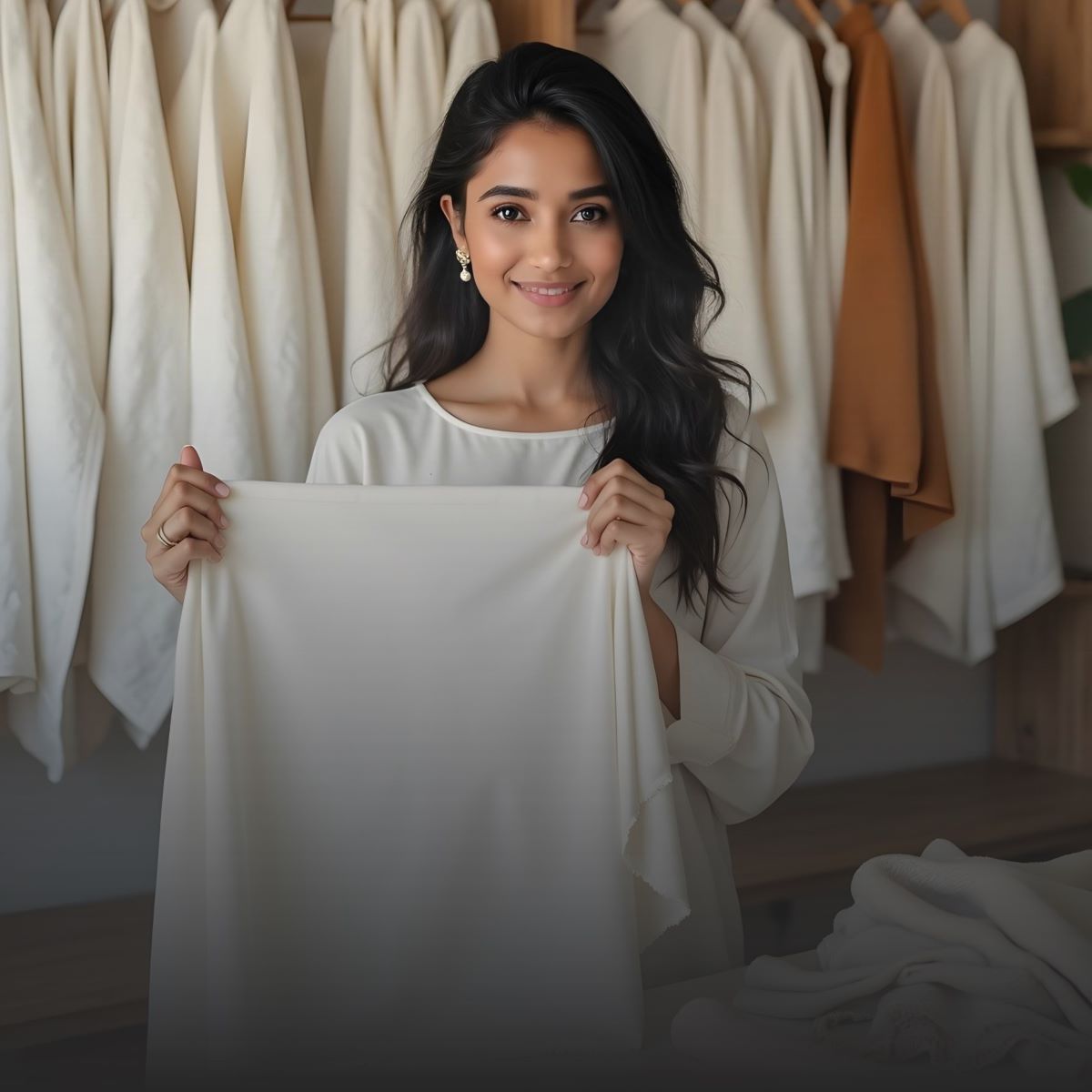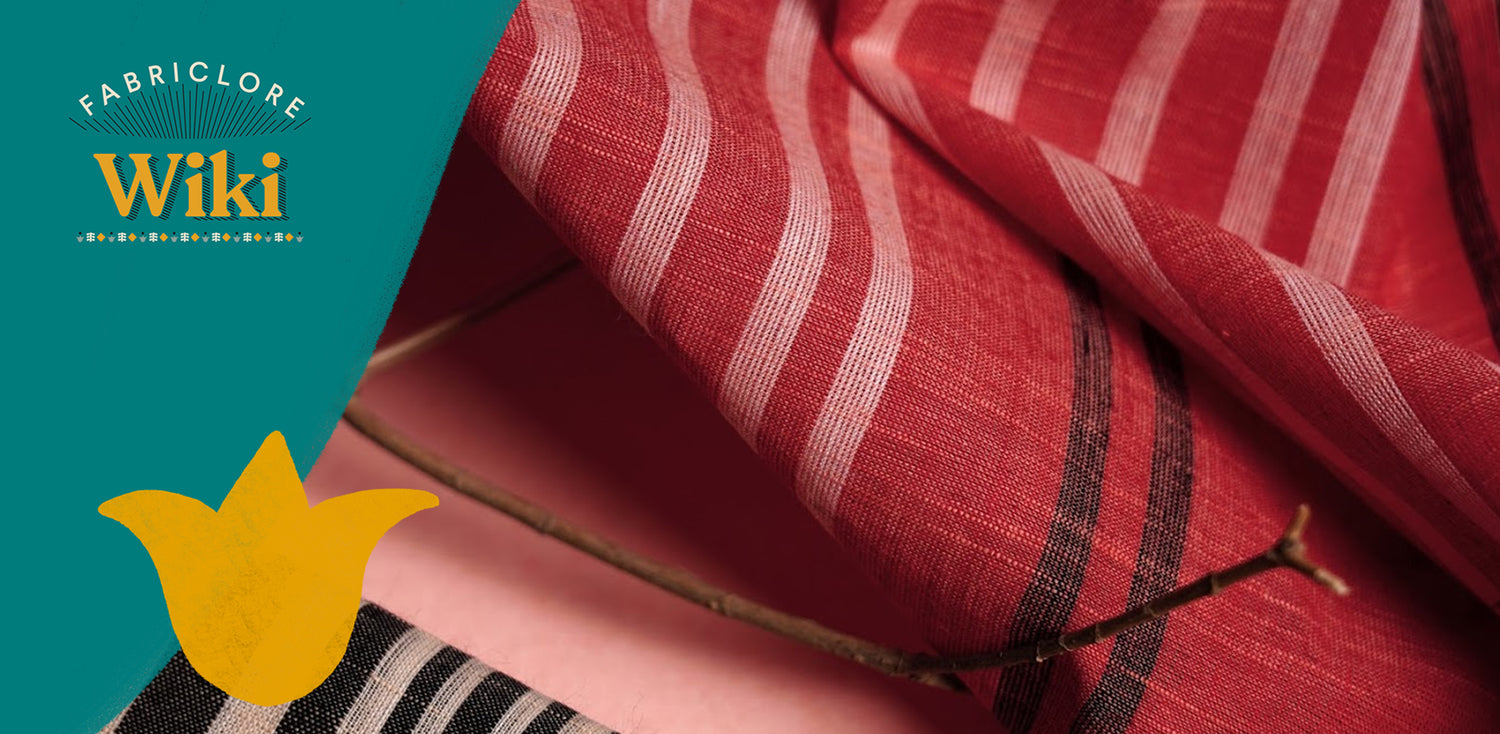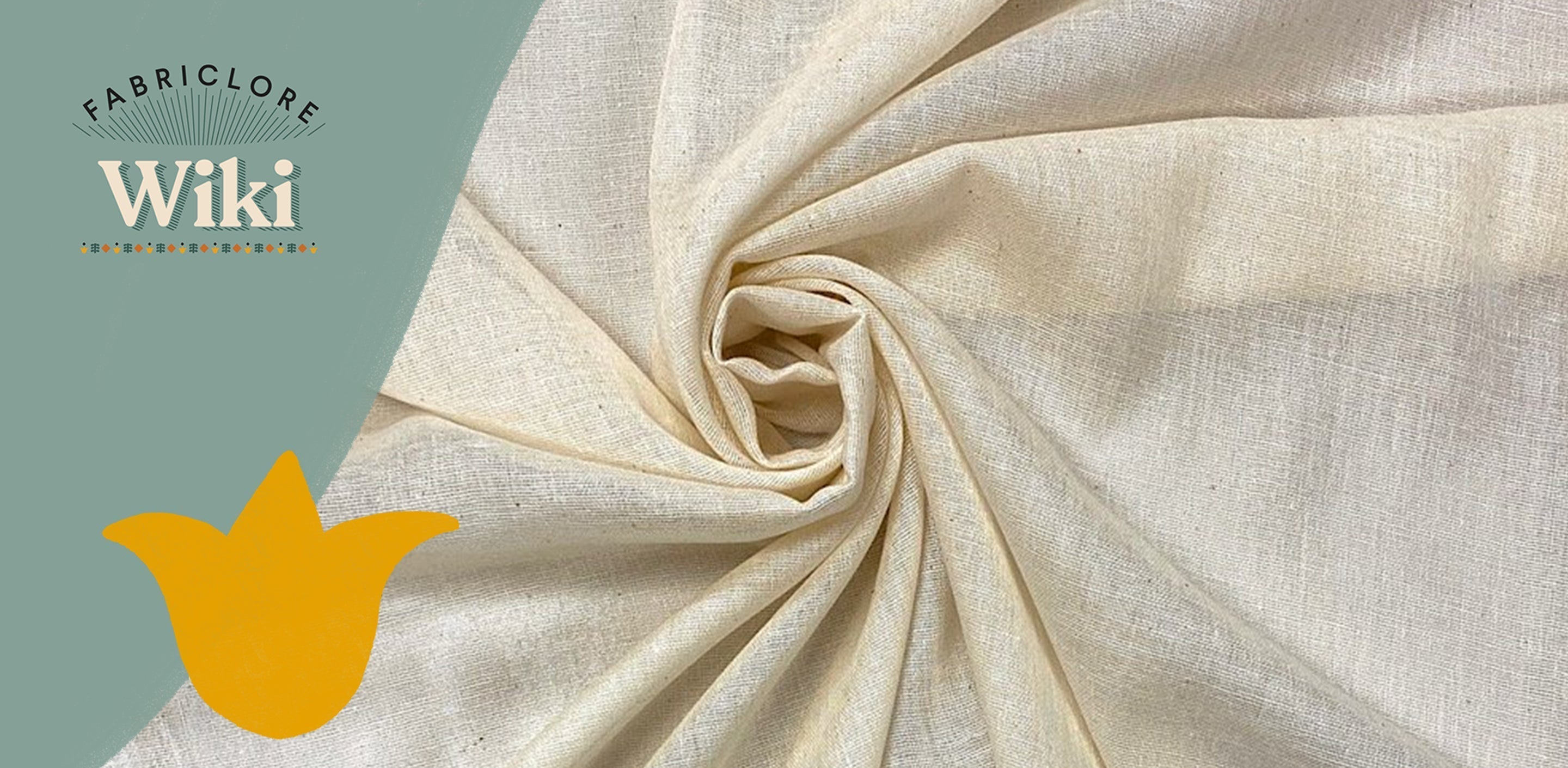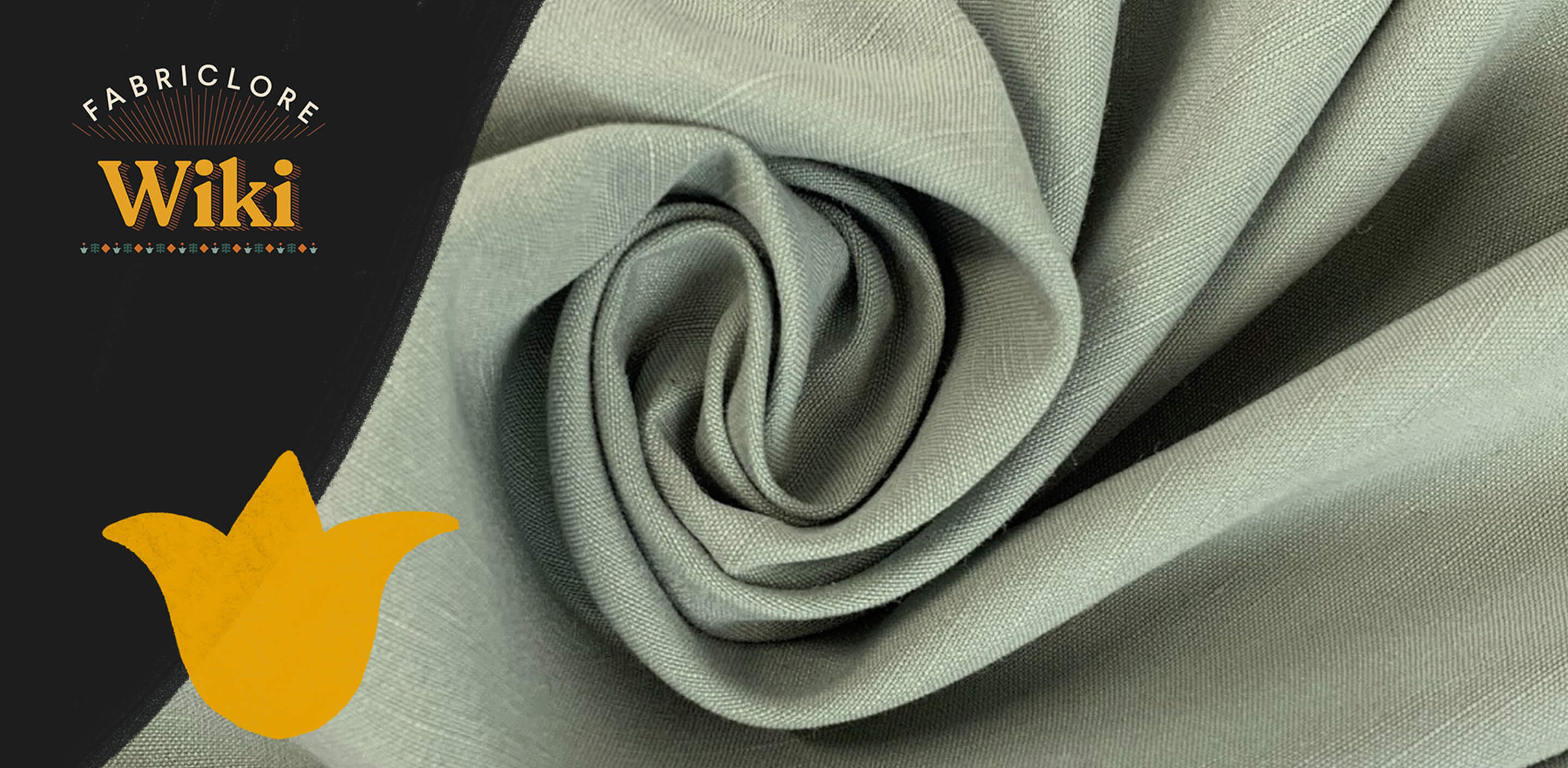What is Chambray Fabric?
- The natural fibers of linen or cotton are used in the production of chambray, which is a kind of fabric.
- Cambric and batiste are two names that are sometimes used to refer to variations of chambray fabric. The production of this kind of fabric dates back hundreds of years.
- Denim is a form of fabric that is quite similar to this type of fabric, which is fine and thick at the same time. Denim is heavier and less breathable than chambray. As a consequence of this difference, chambray is substantially lighter.
- It is characterized by a pattern that gives it a look that is reminiscent of heathering. This is the result of a simple weave with a 1 to 1 ratio with a colored warp (often blue) and a white weft.
- The fabric has a certain depth thanks to the white threads that flow over the colorful ones, all while keeping a lower weight.

History
- The history of chambray may be traced back to the middle of the 1500s; it evolved from the cambric fabric in the beginning.
- Cambric is a light fabric that was traditionally made from linen. It has a simple weave and is not very thick.
- The first time the fabric was made was in Cambrai, which is now in northern France.
- Cambric was a high-quality fabric that was traditionally used for a variety of purposes, including shirting, handkerchiefs, and more complex items such as lace and embroidery.
- Chambray is a type of fabric that started out as a simple weave. It first became popular in the early 1800s.
- It received official support from publications such as the US Farmer's Bulletin in 1831.
- Denim and chambray were originally approved for use by the United States Navy in 1901, which paved the path for broad use of the fabric in the United States.
- From that point on, all the way until World War II, it was not uncommon for sailors to be seen wearing denim pants and chambray shirts.
- Workers all over the United States liked the shirting fabric very quickly, which led to the phrase "blue collar" being used a lot.

What Makes it Stand Out
|
Texture |
Chambray has a smooth and soft texture. |
|
Fall |
Due to its smooth texture the fabric gives a flowy drape. |
|
Breathable |
It is breathable and has a moisture-wicking properties. |
Applications & Usage
|
Clothing |
Shirts, dresses, shorts, tops, etc. |
|
Curtains, pillow cover, tablecloths, mats, etc. |
Care Instructions
- The fabric is machine washable.
- Washing in cold water will prevent the fabric from shrinking.
- Dry the fabric using the low setting on the tumble dryer.
- Because it creases readily, you will need to iron it on a regular basis.
- Place the iron on the cotton setting.

We also happen to be a magnet for suggestions, and would love to catch yours….throw us yours on hello@fabriclore.com
